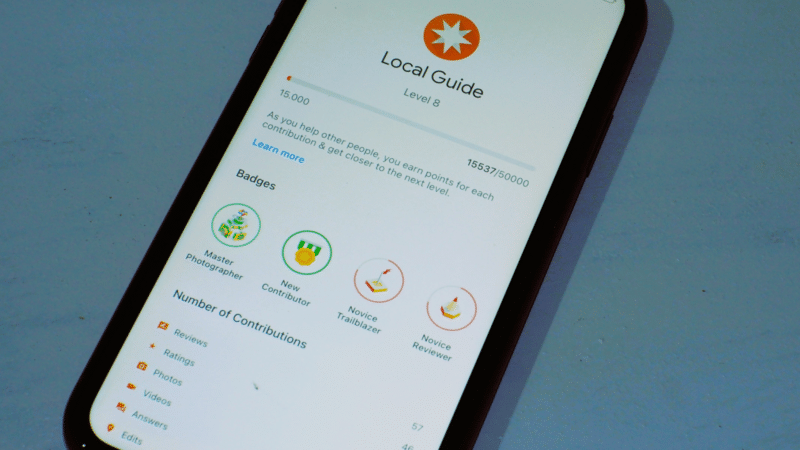
Evaluating the Local Guides Program: Successes, Challenges, and Future Directions
As Google’s Local Guides program nears its 10th anniversary, it serves as a fascinating case study of crowdsourced information sharing. With an impressive 150 million participants as of 2023, the program offers insights into user engagement within the digital landscape. However, the evolution of this initiative has not been without its challenges. What does the journey of the Local Guides program reveal about the balance between engagement and ethical content generation?
The Local Guides program, launched in 2015, quickly became a cornerstone of Google Maps, inviting users to contribute valuable insights through photos and reviews. The introduction of gamification elements in 2016 capitalized on the human instinct for competition, leading to a steep increase in user participation. By 2019, the program boasted 120 million members, showcasing its vast reach. However, as the program has grown, so too have criticisms regarding its policies and the integrity of user contributions.
A significant concern highlighted in evaluations of the program is the ethics of incentivization. Google encourages user-generated content while simultaneously restricting local businesses from offering incentives for reviews. This policy contradiction raises questions about contributors’ motivations—whether they participate to enrich the community or purely for personal gain. Furthermore, there are apprehensions regarding the overall quality of content. The system’s design may inadvertently promote quantity over quality, as some participants focus on accumulating points rather than providing thoughtful, relevant feedback.
On a more positive note, many Local Guides are motivated by authentic desires to help their communities and engage with local businesses. They find personal satisfaction in contributing their time and experiences, with hobbies such as photography enhancing their involvement in the platform. The sense of community fostered through the Local Guides program is palpable, yet societal concerns about the credibility of crowd-sourced content persist.
One fascinating intersection worth considering is how the Local Guides program can benefit from URL shorteners and link management tools. As contributors share reviews and photos that enhance local visibility, utilizing short links can streamline content sharing across various platforms, further amplifying local businesses’ online presence. By implementing strategies like URL shortening, Google could enhance the quality and shareability of contributions while addressing the ongoing critiques related to content relevance.
As Google prepares to navigate the future of the Local Guides program, addressing ethical concerns and content quality will be pivotal to its success. Finding a balance between community engagement and maintaining integrity will be essential for sustaining participant involvement and ensuring valuable information sharing for users globally.
By exploring the success and challenges of the Local Guides initiative, the overarching question remains: How will Google adapt its strategies to uphold the program’s credibility and usability as it enters its next decade?
#BitIgniter #LinksGPT #UrlExpander #UrlShortener #GoogleLocalGuides #DigitalMarketing #Crowdsourcing
Want to know more: Read here

